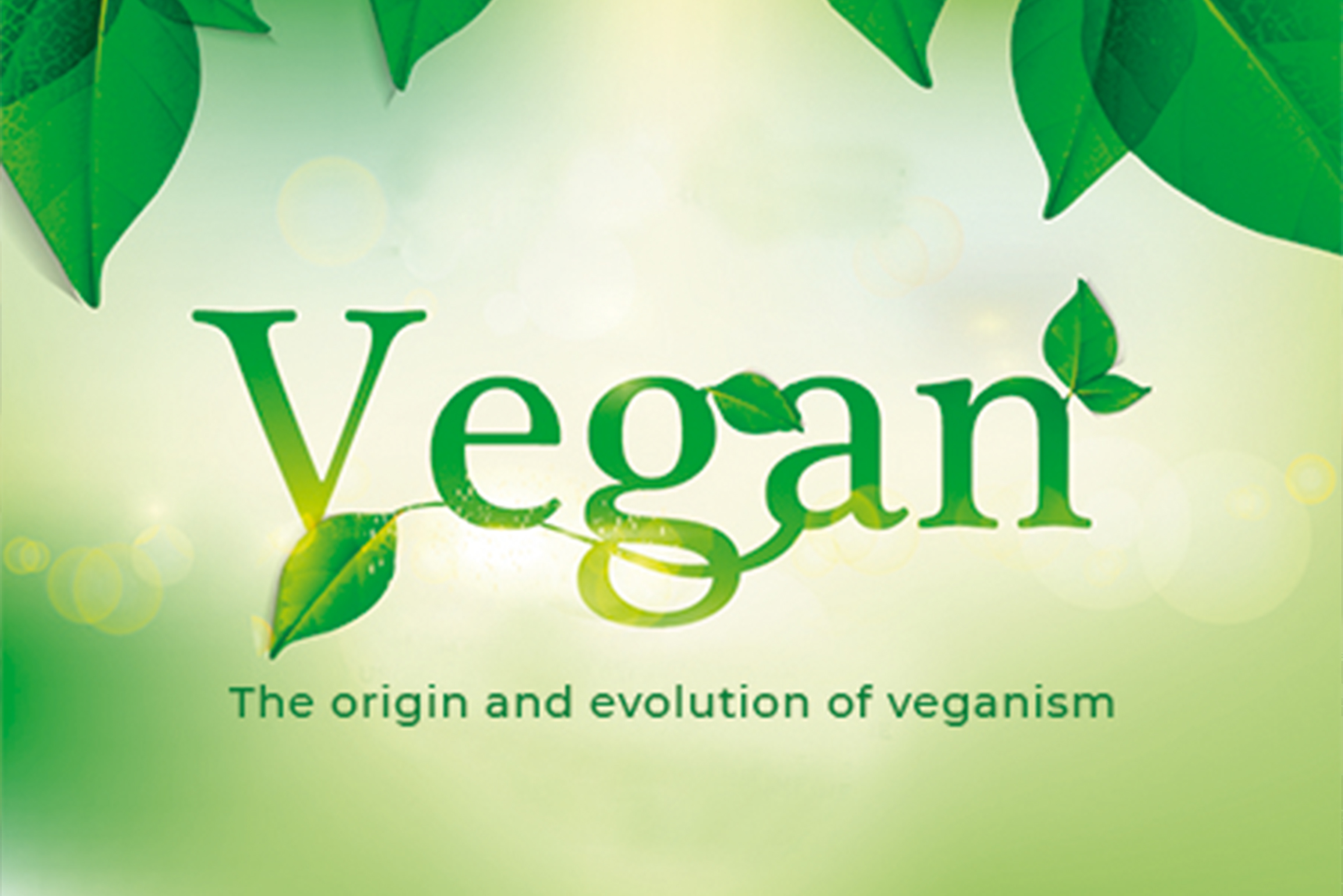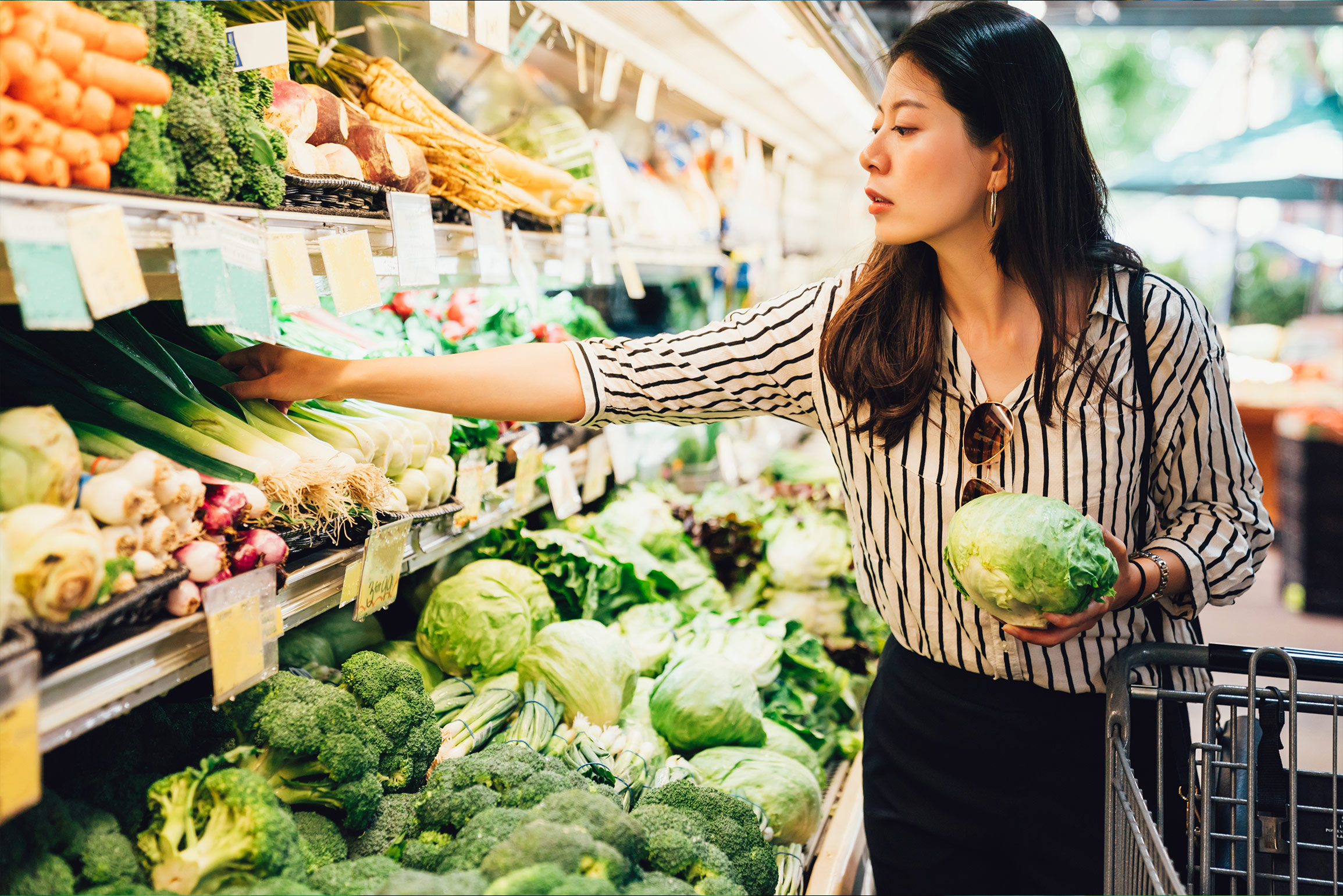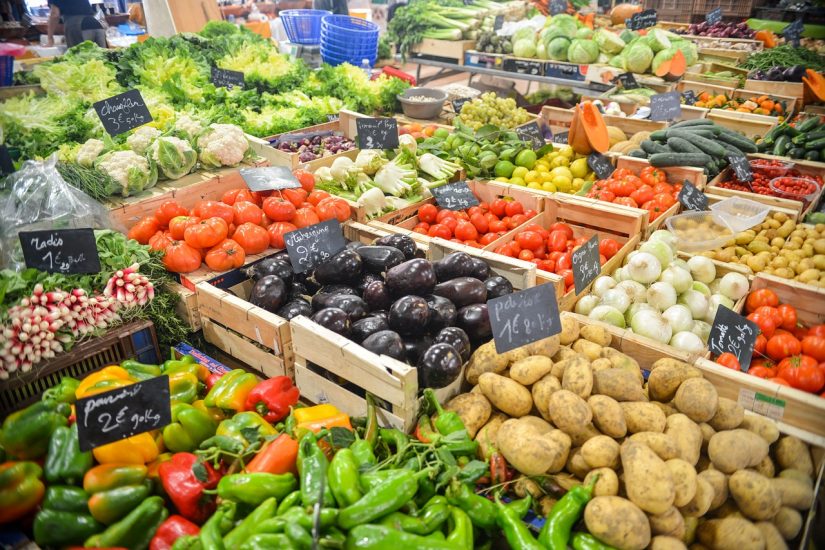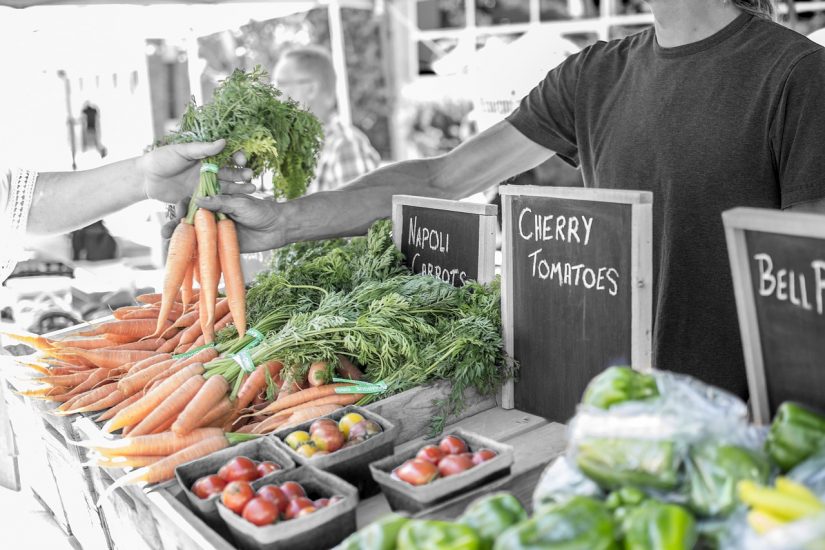The origin and evolution of veganism
Is veganism here to stay? Or is it just a passing fad? The evidence shows that more and more people are reducing their meat consumption. And not only that: individuals are radically changing their diet to cut out all kinds of produce of animal origin, proving that veganism is far from being just another trend. In this post we’ll explore this ethical practice, and investigate its origin and evolution in the world. If you’d like to know more about the growth of veganism and see some fascinating facts and figures on the subject, keep reading!
Veganism: facts and figures
Although millions of Europeans are opting to live vegetarian lifestyles, and more and more people are buying vegetarian products, reliable statistics can be hard to come by. The European Vegetarian Union (EVU) has asked the European Commission to carry out surveys through Eurostat, or similar organizations, to obtain reliable figures on citizens’ evolving lifestyles, and on the vegetarian product market in general. In the meantime, we’ll do our best to provide the most complete information that we can, backed up with facts and figures, regarding the massive development in this sector.
In 2018, sales of meat substitutes reached $19,500 million globally.
“Consumers are rapidly reducing their meat consumption as they become increasingly aware of its negative impacts.” (Euromonitor International)
In August 2019, consumer information company Numerator released data from InfoScout OmniPanel which had surveyed more than 450,000 Americans. 21% of those surveyed planned to replace all animal-based meat with vegan options within one year. In addition, 11% reported that they no longer ate any meat at all. 80% of US consumers said they wanted to replace all or some of the meat in their diet; 36% said they intended to replace a “small portion” of their diet, while 23% claimed that they wanted to substitute “a significant proportion” for non-animal products. Another important piece of data from this survey is that 47% of respondents were already consuming more vegetable-based milks in comparison to the previous year.
One of the leading countries in vegan awareness is the United Kingdom, and as such it is an indicative leader of market trends. The following statistics show the projection of veganism in the UK.
- From 2008 to 2018, the number of vegans in the UK rose by 350% according to Expansion.mx
- 91% of UK residents are actively reducing their meat consumption for ethical, health-related or environmental reasons according to a study by the supermarket chain Sainsbury’s.
- A survey carried out by Oatly in November revealed that Brits’ top five shopping choices are all vegan.
- In 2019, a new study conducted by One Poll on behalf of plant-based meat alternative brand Meatless Farms reported that nearly 30% of British meat eaters would skip the traditional roast lamb that Easter and opt for a veggie option. The survey also found that 49% of young people between the ages of 18 and 24 said that they would choose a vegetarian dish for their main meal that holiday weekend.
- 66 million Brits ate 150 million vegan meals in 2018.
“The trend is a shift to a more plant-based diet” (Fraser McKevitt, Head of Sales and Consumers at Kantar Worldpanel)
Other worldwide data:
- In March 2017, the article “Israel has most vegans per capita and the trend is growing” broke the news that Israel had the highest percentage of vegans per capita in the world, estimated at 5% of the population (approximately 400,000).
- In June 2017, a report entitled “Top Trends in Prepared Foods 2017: Exploring trends in meat, fish and seafood; pasta, noodles and rice; prepared meals; savory deli food; soup; and meat substitutes” was published. It indicated that 6% of North American consumers openly declared themselves vegans – a growth of 500% since 2014. The same report stated that 44% of German consumers claim to follow a low-meat diet, a significant increase on the 26% who said the same in 2014.
- In 2016, Nielsen published a global study on Health and Ingredient Perceptions in which Mexico appears as the country with the most vegetarians in Latin America: 19% of respondents declared themselves to be vegetarian, 15% said they were flexitarian (low levels of meat consumption), while 9% said they were vegan. Second and third place in terms of vegetarianism belonged to Brazil and Peru.
- According to a survey by the Strategic Communication Cabinet, 36% of Mexicans who stopped eating meat did so out of respect for animals.
- According to the latest survey on eating habits carried out during the period 2015 to 2016 by the Indian Ministry of Health, 30% of women and 22% of men in India are strictly vegetarian.
- In May 2018, a survey by Instituto Brasileiro de Opinião Pública e Estatística (IBOPE) revealed that the number of vegetarians in Brazil has doubled since 2012 (8% of Brazilians, 15.2 million), to reach a total of 29 million.
- A report by the German chain DW, “Made in Germany,” shows the spectacular increase in sales of vegan products in Germany.
Veganism in Google Trends, Instagram and YouTube
Data provided by the Animal Equality organization on 14 March 2018, and later reproduced in a graph (reprinted below) by US website Quartz, shows the evolution of internet searches for the term “veganism” on Google over the course of two decades. The highest search interest ranking in Google Trends is 100; the word “veganism” exceeded it in 2017, whereas the word “vegetarianism” barely exceeded 40 in that year. Today, “vegetarianism” has a ranking of around 80.
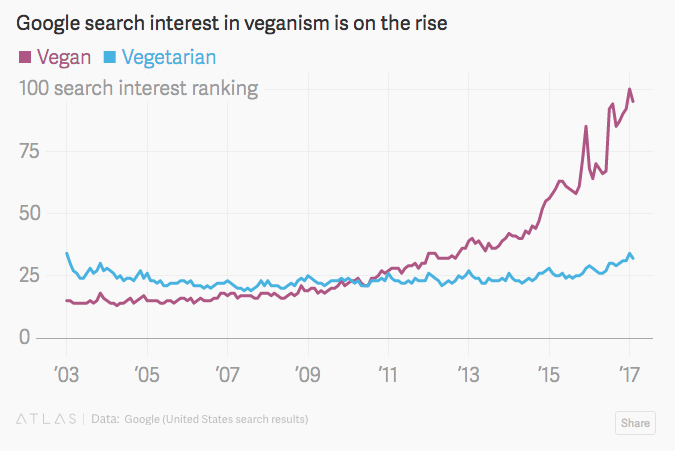
At the same time we can see the influence of this trend with the use of the viral hashtag #veganfoodshare that has already reached 13,917,391 posts in Instagram, making it one of the most widespread keywords across the social network.
In the following video published on 14 January 2018, El Vegano Cordobés analyzes the increase in the number of vegan channels on YouTube, and draws attention to the fact that in 2018 there were already 4,790,000 vegan channels with the word “vegan” in the title or description. That is 22 times more than it was in 2015, and this is without taking into account the evolution of words related to vegetarianism, which have multiplied tenfold in two years. Today, the term “vegan” is present in far more than 4,790,000 channels.
The origin of veganism
Many assign the origin of veganism to the year 1944 when Donald Watson and Elsie Shrigley wrote a newsletter called The Vegan News and founded a group who would take vegetarianism one step further by ceasing the consumption of dairy and eggs. This group would go on to become The Vegan Society, the oldest vegan organization in the world. Of course, the roots of this lifestyle and philosophy stretch back much further, since the history of vegetarianism and its variants (veganism, semi-vegetarianism, etc.) as a concept, attitude to life and ethical practice began in ancient India where they were linked to ideas of non-violence towards oneself and all beings (known as Ahimsa in the Darshanas of India). But this way of living and understanding peace did not jump from the east to the west in a single bound; it was also practiced in the ancient Greek civilizations of Greece and southern Italy.
There is no doubt that veganism has been with us for a very long time. But it’s also true that its influence has grown massively in recent decades, in both the east and west. Younger generations have much to do with this because they often have greater environmental awareness and are more actively concerned with improving their health and guaranteeing animal welfare. This impulse is something that makes us happy here at Organic Boosting, especially since we’re a company that is proud to support and work towards the Sustainable Development Goals. Our Automated Platform for Exporting Organic Products provides environmentally-friendly supermarkets with the following categories of organic products for the vegan public.


